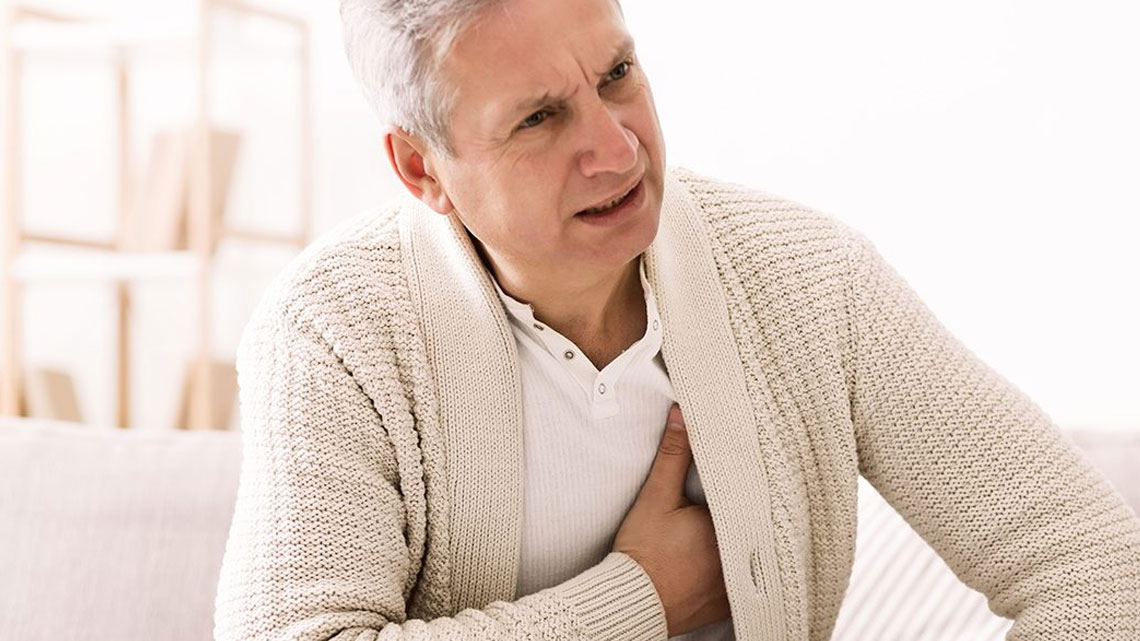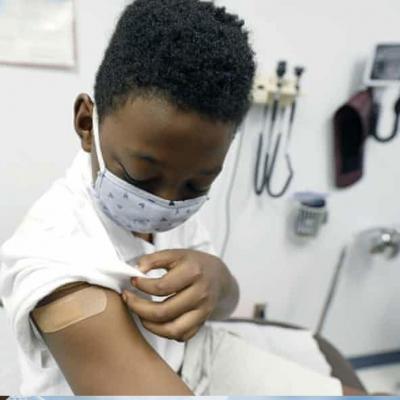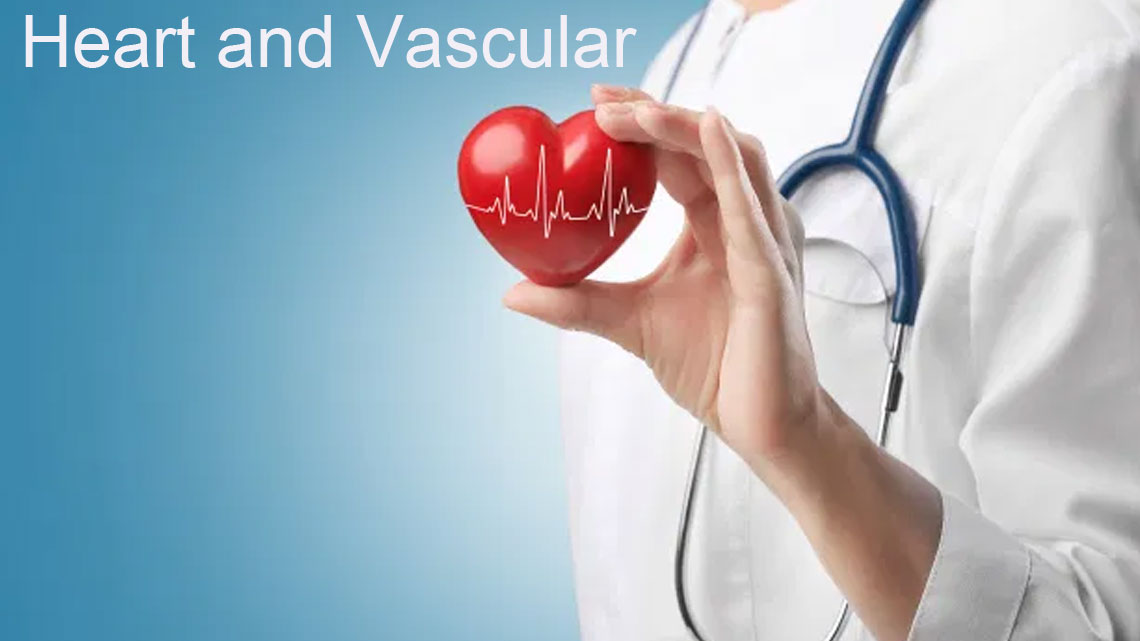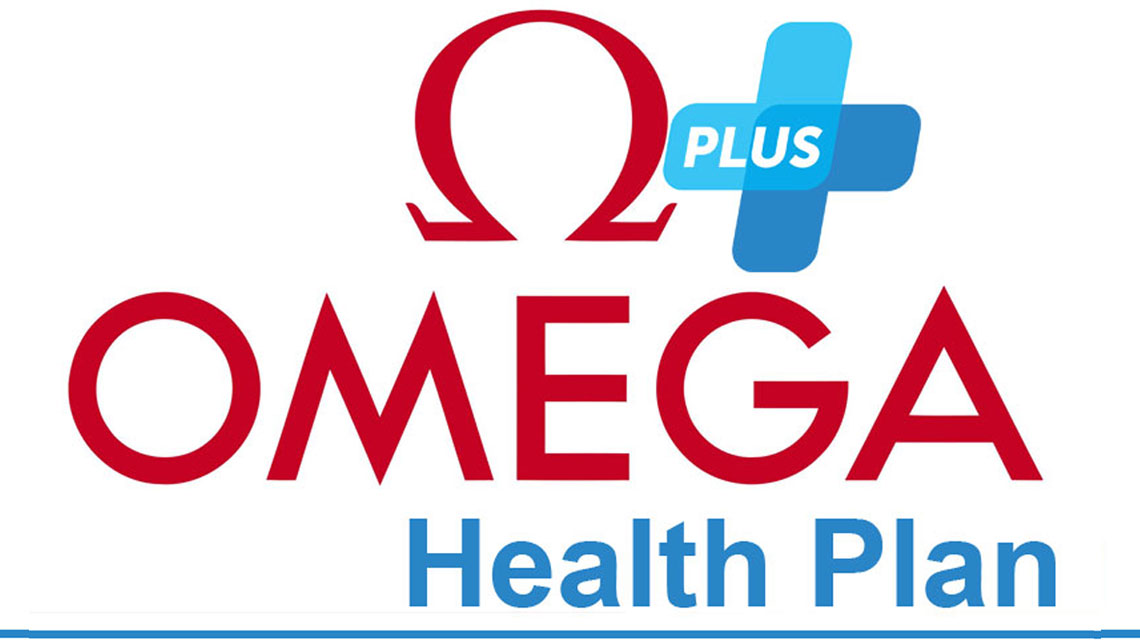scientists have discovered that the virus can impact your heart.
Let’s take a closer look at how COVID-19 may play a role in your heart health.
What kind of damage can COVID-19 do to the heart?
For some people, a battle with COVID-19 has led to damage to the heart, even after they’ve recovered. This can happen in several ways.
The first is through a lack of oxygen. COVID-19 typically affects the lungs, which can lead to lower amounts of oxygen in your blood. This causes your heart to pump harder and even overwork itself. The result can be heart failure or the death of cells and tissue in the heart.
Because COVID-19 leads to inflammation in the body, some people may develop myocarditis, which is inflammation of the heart muscle. When this happens, it can weaken your heart or disrupt the rhythm. It could also lead to blood clots.
Another potential problem is cardiomyopathy. This is a disorder that can be inherited or caused by stress on the body, such as fighting off a virus. Basically, your body produces chemicals that shock and weaken the heart.
Am I at a higher risk of developing a severe case of COVID-19 if I have heart disease?
Yes. If you’re an adult of any age who suffers from heart failure, coronary artery disease, cardiomyopathies or pulmonary hypertension, you’re at a greater risk.
If you have high blood pressure or have had a stroke in the past, you’re also at a greater risk. African Americans, Hispanics and Latinos with heart issues are at an even greater risk than those of other races.
Can I lower my risk of developing a severe case of COVID-19 if I have heart disease?
The good news is that you can lower your risk of developing a severe case of COVID-19. And you do it the same way you reduce your risk of heart disease complications. This is important because our new pandemic lifestyle may be contributing to poor heart health habits.
Providers recommend staying active but doing so at home or outdoors, away from other people. Monitor your blood pressure. Find ways to manage your stress. Instead of eating out often, cook low-sodium, heart-healthy meals.
If you do have to go out of your household, be sure to stay safe. This means wearing a face mask, staying six feet apart from others, avoiding large crowds and washing your hands when you get home.
What should I do if I contract COVID-19 and have heart disease?
If you have heart disease and you contract COVID-19, you should let your provider know as soon as possible. They will likely ask you to stay in contact so you can update them on your symptoms. Your provider will also tell you how to get tested and whether you should go to the hospital. Also, don’t stop taking your heart, diabetes or blood pressure medication unless your doctor tells you to. If your symptoms get worse, contact your provider or go to your local emergency room.
What are other heart health concerns to keep in mind at this time?
Even if you don’t contract COVID-19, this pandemic can affect your heart health in other ways.
Data has shown that some people aren’t seeking the medical treatment they need at this time. Many are canceling routines appointments with their primary care providers and cardiologists. Even worse, some people are ignoring signs of heart attack and stroke because they feel the hospitals are overwhelmed with COVID-19 patients.
If you think you’re having a heart attack or stroke, it’s important to call 911 and get help immediately. Paramedics, nurses, doctors and other first responders are trained in how to prevent the spread of the virus. They can treat you — and possibly save your life — safely.
Learn more about the heart services we offer at Mercy Health as well as the COVID-19 precautions we are taking at our facilities.
Want to learn more about your heart health? Take our free, online heart risk assessment today.

































